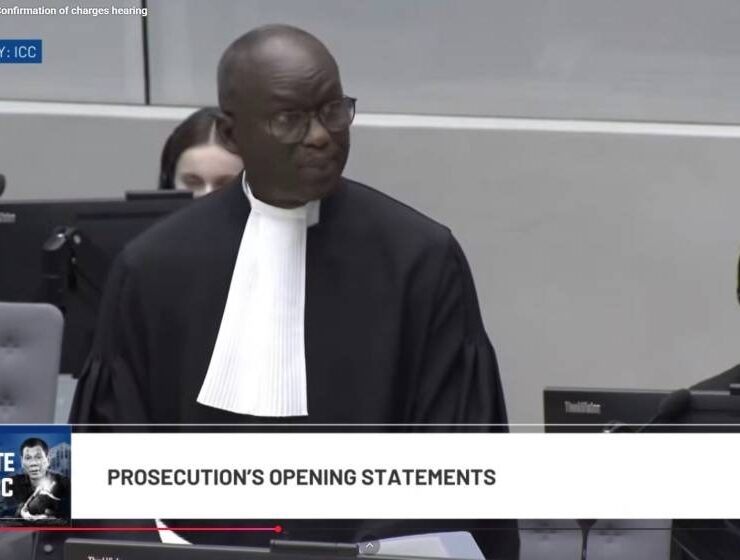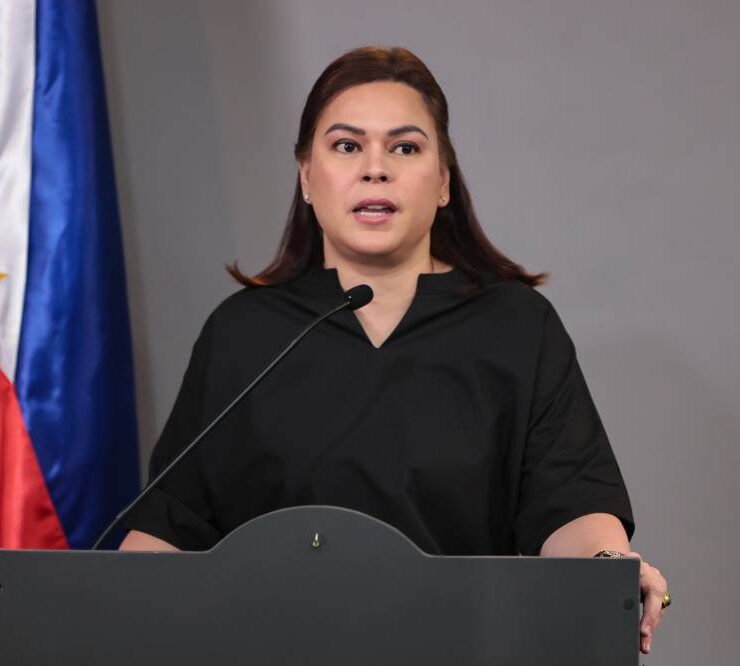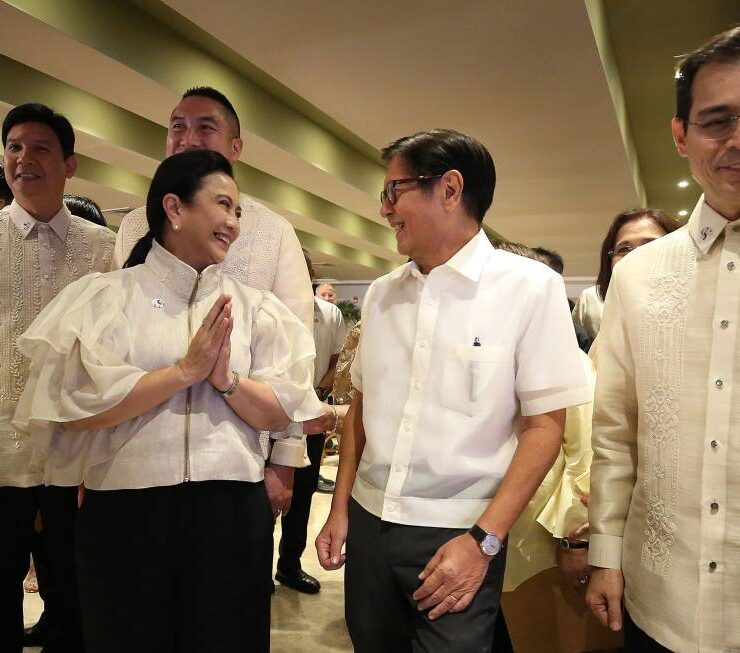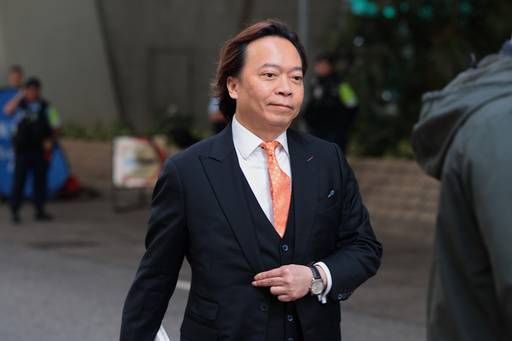Trajectories
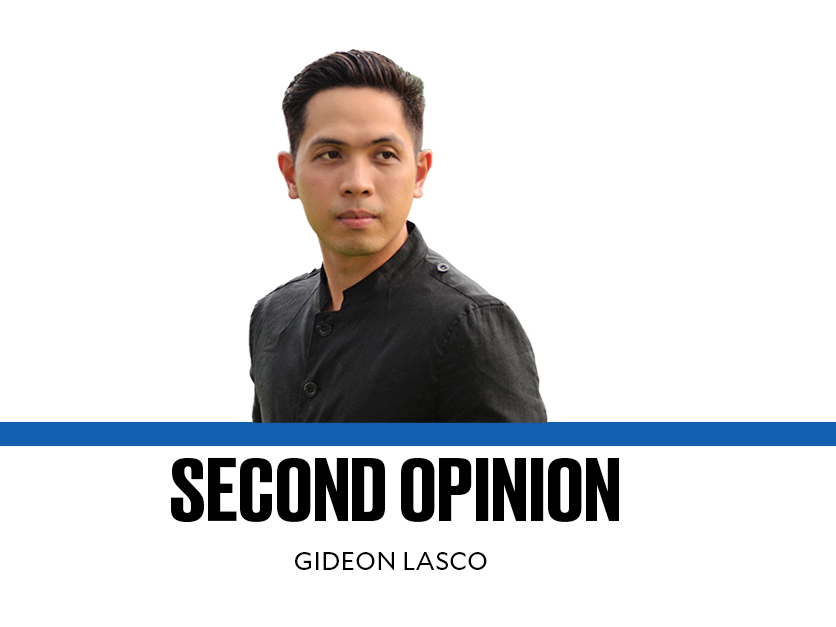
Today, if we ask ourselves where the Philippines is headed, we may reach entirely different conclusions depending on our points of view, our lived experiences, and the granularity with which we experience the changes in our country.
For instance, from the perspective of someone—say an affluent balikbayan—who last visited the country seven years ago, they might notice the expressways that can take them all the way to La Union; they might be astonished at how places like Siargao have cultivated their own charming subcultures; they might sing praises of the new restaurants and cafés not just in Metro Manila but in Iloilo (now a Unesco City of Gastronomy), Davao, Cebu, Baguio, and elsewhere.
They might also notice—from conversations with their relatives who work in government—that salaries have increased with the salary standardization law. And they might express relief that newspapers no longer carry the ominous news of drug war killings, or of individuals like Leila de Lima and Maria Ressa being the open targets of vindictiveness.
The perspective of their relatives, however, may be different. Salaries may have increased but the cost of living has also grown, while quality of life has not substantially improved. PhilHealth premiums have increased even as it has failed to give a measure of security.
While it may only take four hours to reach La Union from Metro Manila, it may take the same time to reach one end of the metropolis to another on a bad night. There remains neither accountability nor justice for the “war on drugs,” let alone martial law and the numerous corruption scandals past.
Those relatives may also point to how our country’s politicians are tightening their grip on our government, with political dynasties becoming even more shameless in their bid for more power.
However, we see resistance to this consolidation of power in various ways, just as we see the limits of political tools like online disinformation. The Makabayan bloc, for instance, has fielded a slate of senatorial candidates whose very presence serves as a blunt rebuke to those dynasties and their pretensions of “serving the people.”
Opposition figures are trying out more feasible ways to win government roles, with the likes of Chel Diokno and De Lima running as party list representatives, alongside credible progressives like Neri Colmenares, Carlos Zarate, and Sarah Elago.
As the shining example of Risa Hontiveros shows, one does not have to be in the majority to make an impact. And beyond the national government, there’s so much that can be done at the local level: a potential that I hope Leni Robredo and other would-be mayors can realize.
Beyond politics, there are even more glimmers of hope. Over the past decade, I have seen young environmentalists succeed in getting places like Cleopatra’s Needle in Palawan declared as protected areas. I have seen citizens successfully resist mining projects in their hometowns, from Lobo, Batangas, to Sibuyan Island in Romblon. And I have seen the people who see Pasig River and Manila Bay as living prevail—at least for now—over those who have pronounced it dead.
In the health sector, I see more and more medical graduates seeing their future not in the US or elsewhere abroad, but in the Philippines. I see more and more young entrepreneurs participate in local economies. And I have seen young artists and academics passionate not just about their craft but their convictions, speaking out on issues like gender equality and Palestinian liberation. Even the act of running or biking in our cities is an act of claiming what is rightfully ours; mindful of the health benefits of green spaces, I am heartened that more and more people are climbing mountains.
Who knows where all of this will lead to? Geopolitics and existential threats like climate change add another layer of uncertainty, on top of what my colleague Wataru Kusaka calls the “ontological insecurity” that we can read in the songs of P-pop bands like BINI, SB19, and BGYO. But we can just as well glean some kind of optimism in those same songs, as in BINI’s “Karera”:
Sa bawat panibagong umaga
Ang pagsimula muli ay isang tagumpay na
Such an upbeatness may seem naive but is actually plausible in light of our collective experiences as a nation-in-the-making. Indeed, we cannot rule out the possibility that success lies ahead in our country’s trajectory, especially if we are willing to engage in both tactics and strategy in politics and beyond, trying to do what we can today (e.g. providing medical assistance; not using single-use plastics, electing the right people) while also investing in lasting solutions (e.g. advocating for primary health care; supporting grassroots environmental and social movements).
Speaking of trajectories, my writing is about to take a different course, with the Inquirer discontinuing my column. As I take this opportunity to reflect on and rethink how to continue my public engagement amid an ever-changing media landscape, I have nothing but gratitude to this paper for hosting my writing for a decade—as well as to readers who encouraged and challenged me in equal measure.
Gideon Lasco, physician, medical anthropologist, and columnist, writes about health, medicine, culture, society, and in the Philippines.
















